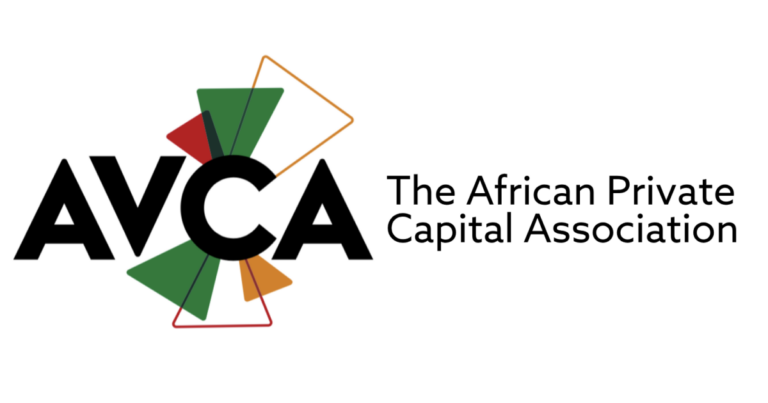The African Private Capital Association (AVCA) says investor confidence in Nigeria is making a strong comeback, as the country sees improved macroeconomic indicators and prepares to host the AVCA’s annual conference in Lagos this April.
“When we wrapped up our conference in Johannesburg last year and announced Lagos as our next host city, there was skepticism,” said Abi Mustapha-Maduakor, CEO of AVCA. “At the time, Nigeria wasn’t doing particularly well, and deal activity was low. But now, the sentiment has shifted. With macro stability improving, this is the right time to explore Nigeria.”
Signs of a Turnaround
Nigeria has posed significant challenges for investors in recent years, especially after the naira was floated in mid-2023 as part of President Bola Tinubu’s economic reforms, leading to steep devaluation and foreign currency shortages. These issues made profit repatriation difficult and discouraged foreign capital.
Foreign direct investment (FDI) into Nigeria plunged to $119.2 million in Q1 2024—a 35.2% drop from the previous quarter. However, recent forecasts are fueling optimism:
-
The International Monetary Fund (IMF) projects 3.2% growth for Nigeria in 2025.
-
The World Bank is even more optimistic, predicting 3.6% growth.
-
Goldman Sachs forecasts that the naira could strengthen to 1,200 per US dollar from its current 1,600, citing tighter monetary policy and rising capital inflows.
Although inflation remains high at over 23%, it’s expected to decline, adding further momentum to the country’s economic recovery.
Key Confidence Boosters
Mustapha-Maduakor highlights several key events that have boosted investor sentiment:
-
Nigerian fintech Moniepoint achieving unicorn status with a valuation of £1 billion.
-
Uber’s decision to expand its investment in Nigeria.
She also notes growing support for local currency funding models, which can help reduce foreign exchange risk—a major concern for dollar-based investors.
“If investors can deploy in local currency, the FX risk becomes less of a problem. We’re seeing progress in Nigeria,” she said.
She cited the Nigeria Infrastructure Debt Fund, which raised over ₦300 billion ($187 million) from domestic pension funds, and Stanbic Bank’s fully local-currency infrastructure fund as signs of a positive trend.
“We’re now seeing managers raise dual vehicles: one in US dollars for global LPs, and another in local currency for domestic investors.”
Infrastructure: A Critical Priority
While the renewed investor interest is welcome, the AVCA stresses the urgent need for strategic investments, especially in infrastructure—an area still lagging despite rising capital activity.
From 2012 to 2023, about $47.3 billion was invested in 847 infrastructure deals across Africa. Yet, the continent still faces an estimated $100 billion annual infrastructure gap.
“Africa still lacks the basics: roads, ports, energy infrastructure, and even broadband,” Mustapha-Maduakor explained. “Soft infrastructure like education and healthcare also needs major upgrades.”
She believes Africa’s heavy focus on raw material exports has hindered industrialisation, which in turn slows infrastructure development.
“To industrialize, you need roads to move goods, ports to export, and energy to power factories. That shift in focus is essential.”
Infrastructure Funds Gaining Momentum
Amid rising demand, multiple funds have recently launched to support African infrastructure:
-
Africa50 Infrastructure Acceleration Fund closed at $222.5 million in Dec 2023.
-
AIIF4 raised $954 million in July 2024.
-
The Infrastructure Climate Resilient Fund (ICRF), backed by African pension and state funds, aims to invest $750 million in sustainable infrastructure.
Though capital deployment declined post-pandemic—with Nigeria seeing just $74 million invested in infrastructure in 2023 compared to $300 million in 2020—the emergence of new funds signals a turnaround.
“Macro challenges like the Ukraine war and global uncertainty led to a slowdown, but conditions are improving,” she said. “We’re seeing renewed energy and capital flow.”
Lagos Set to Shine on the Global Stage
AVCA’s 2025 conference marks its first return to Nigeria since 2014, and Mustapha-Maduakor is optimistic about what it signals for the country.
“We’re thrilled to be coming back to Lagos. Nigeria has a compelling story to tell, and we’re excited to showcase the broad spectrum of opportunities available to our global delegates.”

